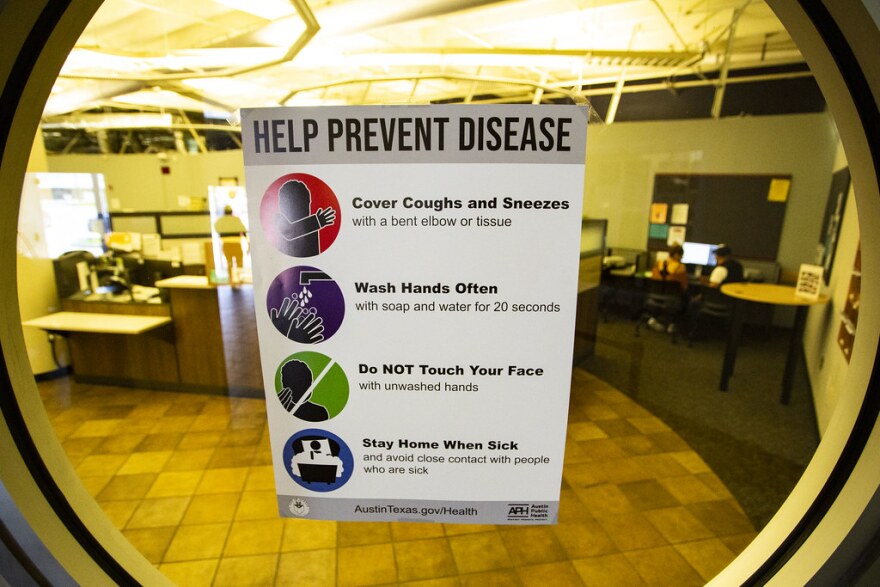Austin Public Health is requesting testing supplies and vaccines from the federal government to help address the potential spread of monkeypox in the area.
The rare disease is caused by the monkeypox virus. Symptoms include fever, aches, chills and a rash of pimples or blisters. It can spread when someone comes in contact with an infected person’s rash or bodily fluids — for example through clothes or bedding, from prolonged face-to-face contact or from a pregnant person to a fetus.
There are 12 confirmed cases in Texas, including one in Travis County. Austin Public Health officials said five more people are presumed positive based on symptoms, but they are awaiting test results.
The first lab-confirmed case of monkeypox in the U.S. this year was in Massachusetts on May 18. In just a month and a half, the number of cases across the U.S jumped to 460, according to data from the Centers for Disease Control and Prevention.
APH requested 1,000 additional testing swabs, which it expects to receive by mid-July. According to a department spokesperson, the limited number of tests “will be used for persons meeting the CDC case definition with risk-factors and symptoms of monkeypox.” The CDC expanded its case definition so “anyone suspected of having monkeypox can be tested.”
To improve testing access, the CDC started shipping tests to commercial laboratories, in addition to state public health labs. The White House said in a statement last week the expansion is expected to get test results to people with symptoms faster so they can access treatment and their high-risk contacts can get vaccines early in the course of disease.
There are two FDA-approved monkeypox vaccines, one of which is in short supply. The other should not be used by people who are pregnant, have a weak immune system or have certain skin conditions like eczema.
A spokesperson for APH said while the department is expected to receive vaccines within 24 hours of a request, the CDC is approving distribution on a case-by-case basis depending on availability and how close a person was to an infected person.
The CDC expects 99% of people infected with the current strain of the virus to survive, though symptoms can be painful and there may be permanent scars left from the rash. The disease could be more severe or result in death for people who have compromised immune systems, have a history of eczema, are pregnant or breastfeeding, or are under 8.







